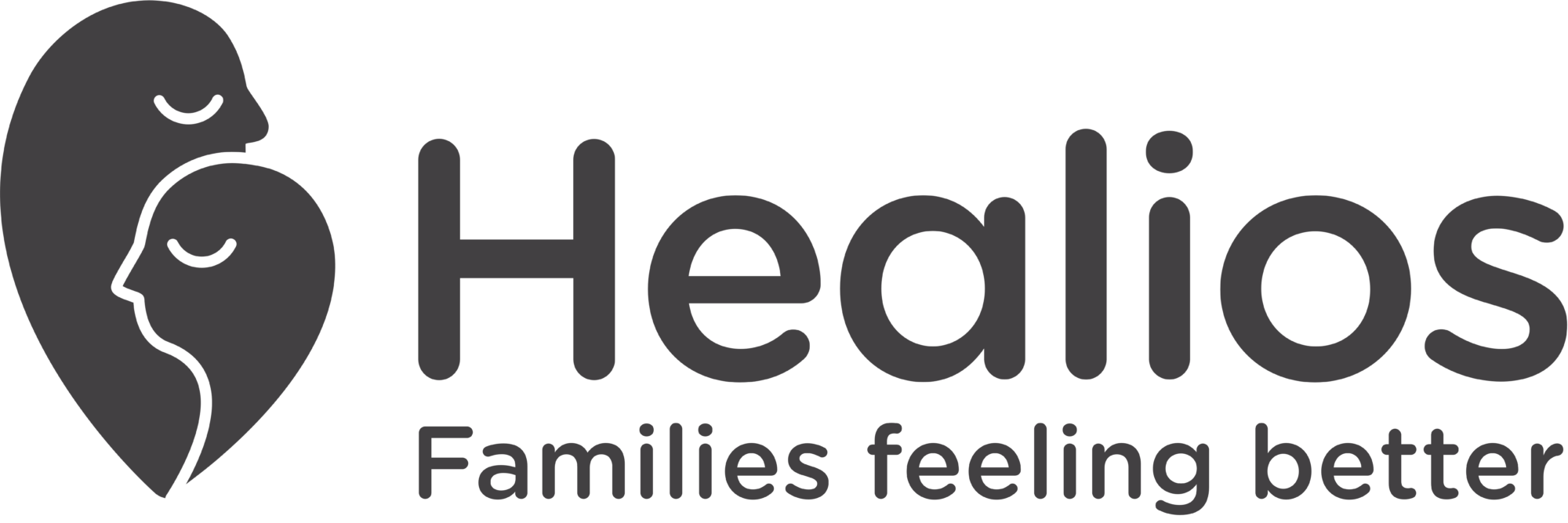This Children’s Mental Health Week 2024 we’ve caught up with Jennifer Mayhew, Neurodevelopmental (ND) Team Lead at Healios to talk about the links between mental health and ND.
The theme of Children’s Mental Health Week this year is ‘Your Voice Matters’ and aims to empower children and young people by providing them with the tools they need to express themselves.
Jennifer is a registered mental health nurse and has given her insight on the impact on young people’s mental health of the ND assessment process both pre and post diagnosis, as well as her advice for families on how they can support their child and ensure their voice is heard.
Understanding the significance
“The majority of research suggests that accessing a robust diagnostic assessment and subsequent outcome can be hugely advantageous for young people and their families,” Jennifer explains.
“Sadly, some people have felt a stigma attached to a ND diagnosis or accessing a ND assessment. Fortunately, the positive reframing of neurodivergence continues through increased awareness and education though there is still a way to go.
“Advantages of a diagnostic assessment can include a sense of acceptance, understanding and validation of life experiences. It can be affirming to have a recognised frame of reference to contextualise strengths and differences in a way that’s meaningful for young people and their families.
“It can also aid in recognising and tailoring any particular adaptations to allow the young person and their family to achieve their aspirations.”
Mental health and an ND diagnosis go hand on hand
Jennifer highlights a significant link between neurodivergence and mental health challenges, particularly anxiety and depression.
She says: “The reasons for this will differ in each case but can stem from mutual breakdowns in communication or not having the necessary adaptations and understanding from those around them to allow young people to be their authentic self.
“There is a further increased link between later diagnosis and increased anxiety and depression.
“The general consensus is that the earlier an individual and those around them can understand their ND profile, whether this be ADHD, autism or other strengths and differences, the earlier a more targeted approach of understanding, adaptations and appreciation can be secured.”
The power of listening
With this potential impact on their child’s mental health, understandably parents and loved ones may feel lost and powerless about how they can give the support they’re desperate to provide.
Jennifer offered advice about how they can best help, as well as how the young people can help themselves, but she is clear that there is one key way in which young people can be supported.
“Listening to the young person and hearing their voice is absolutely vital,” Jennifer stressed. “Everyone’s journey and story is different so a one size fits all approach isn’t helpful.
“For the young person and indeed their family, sharing their experiences and having an open dialog with professionals and those around them including schools, family members and friends can also be really productive in advocating for the young person.
“You’re not alone in this process – there are services out there to support young people and their families throughout the process of the assessment and their onward journey afterwards so please do seek them out and don’t feel like you’re on your own.”
Explore the comprehensive resources and insights Healios offers on neurodivergence and mental health. For personalised support or inquiries, connect with us here.
You can also find out more about Place2Be’s Children’s Mental Health Week and additional resources here.
